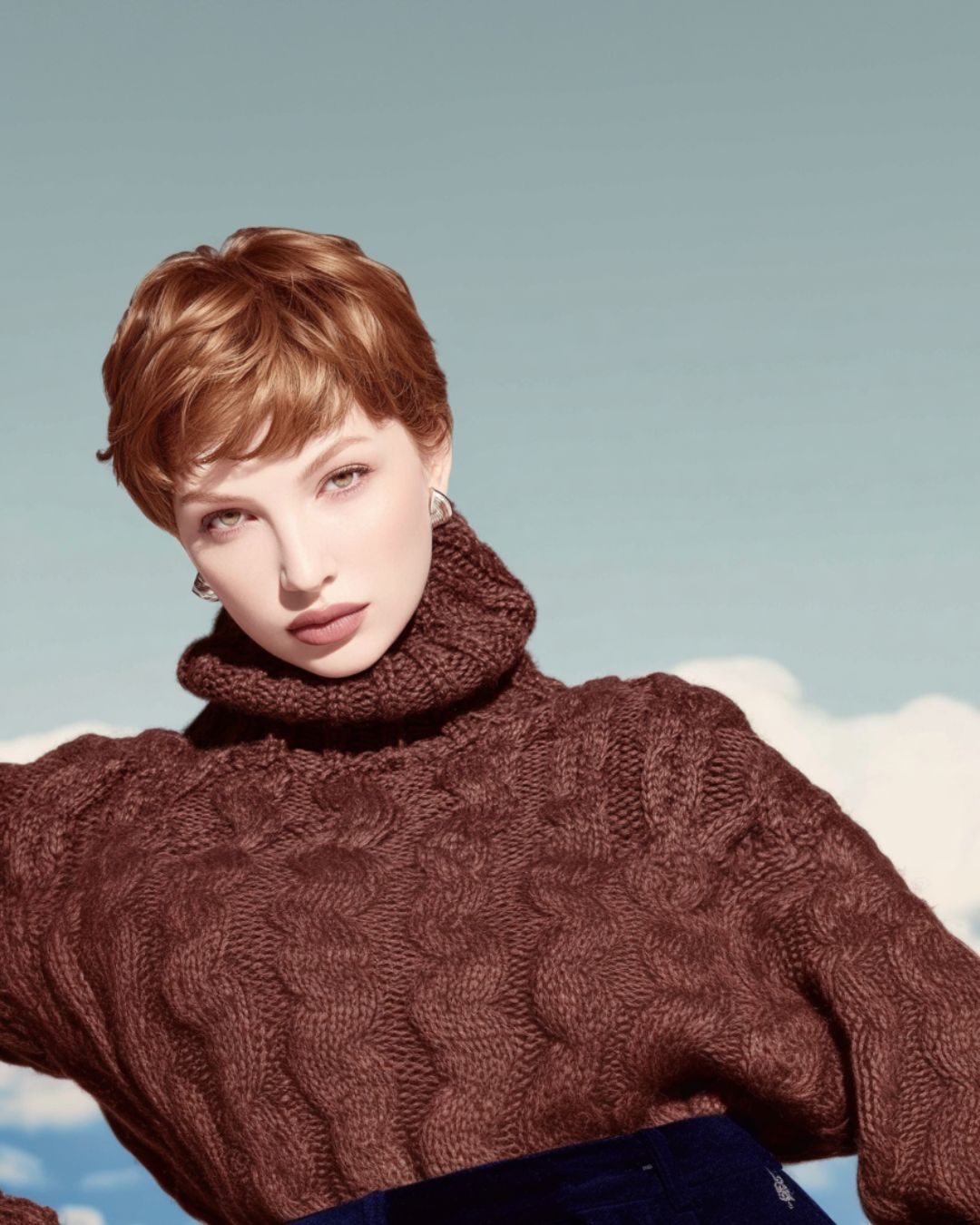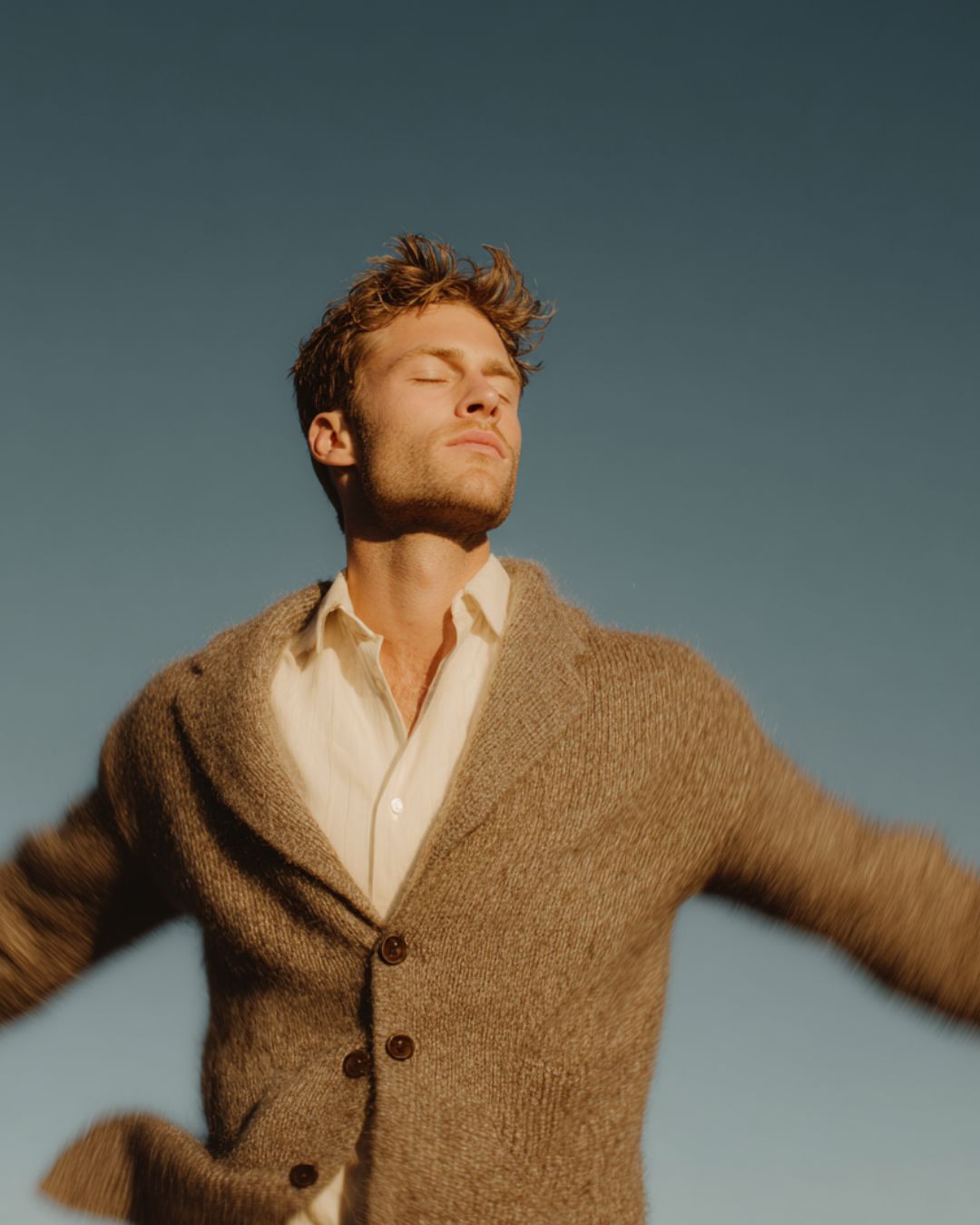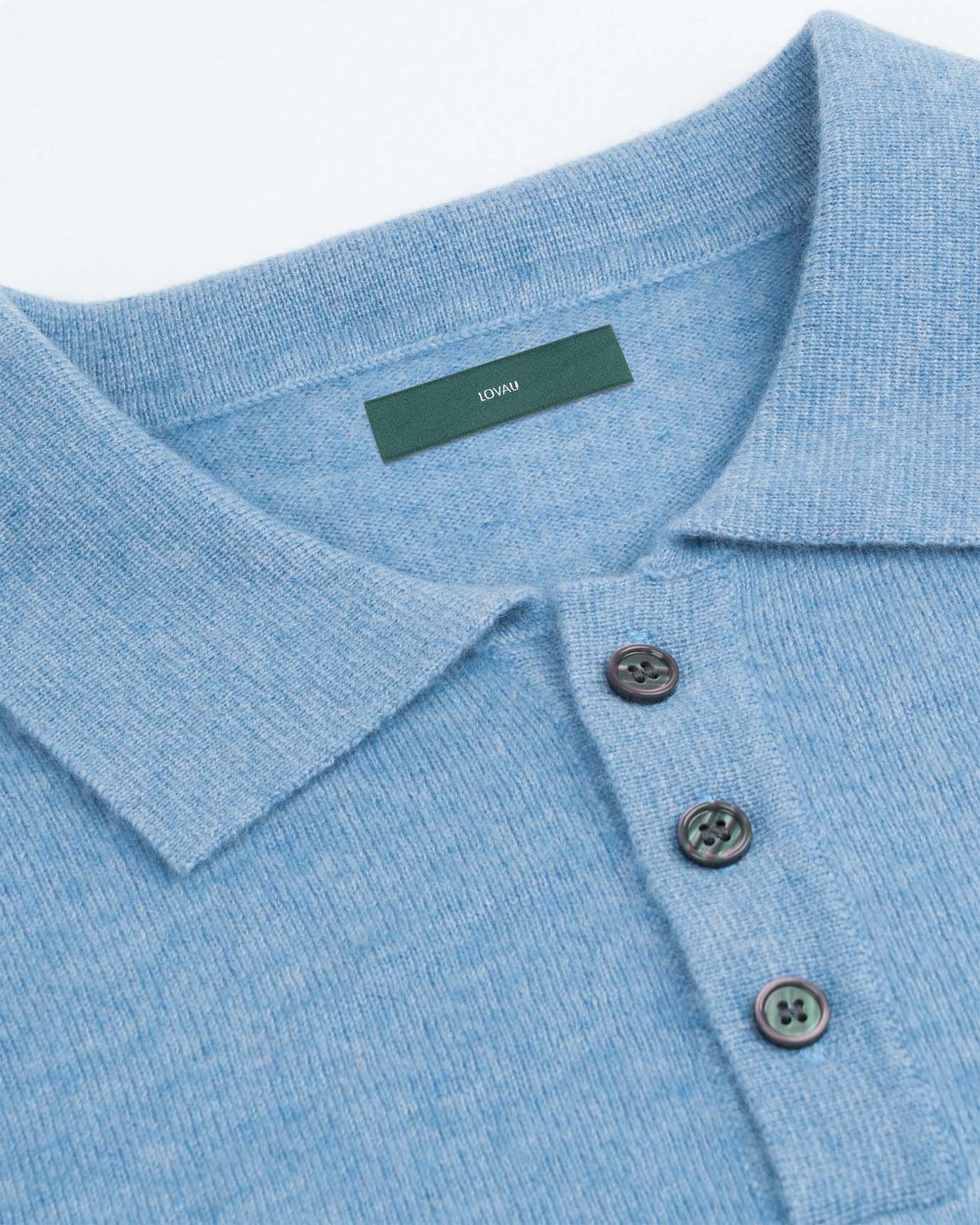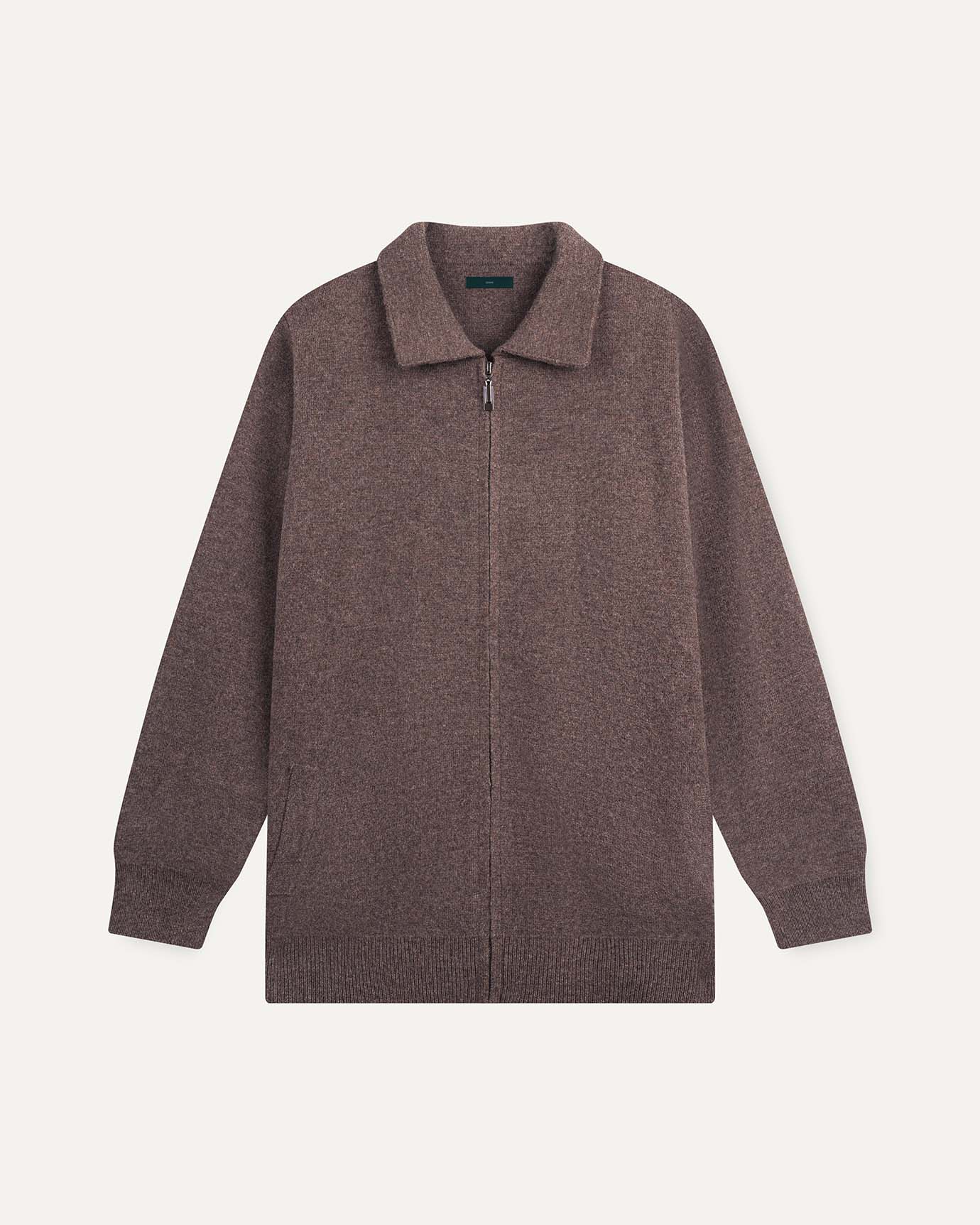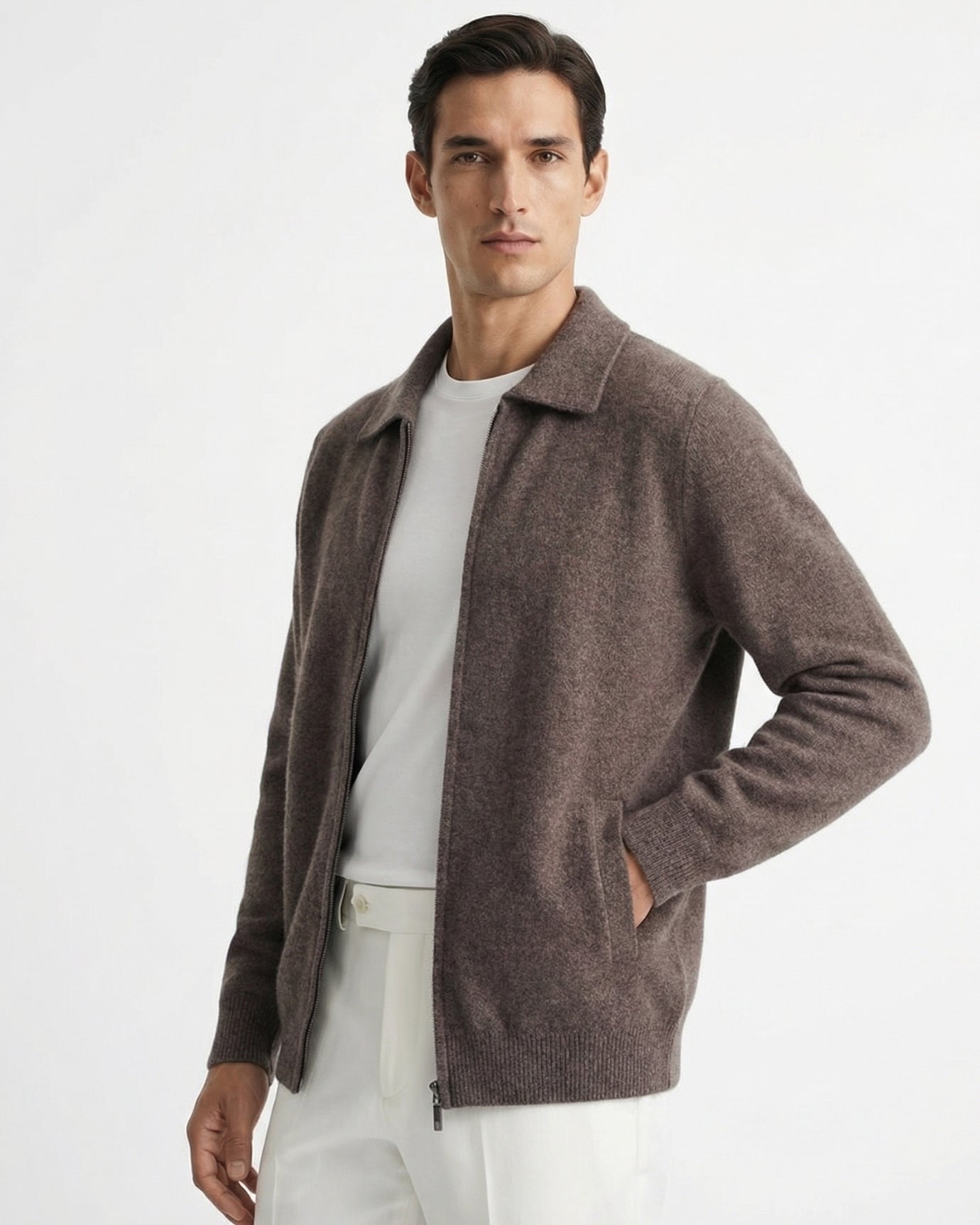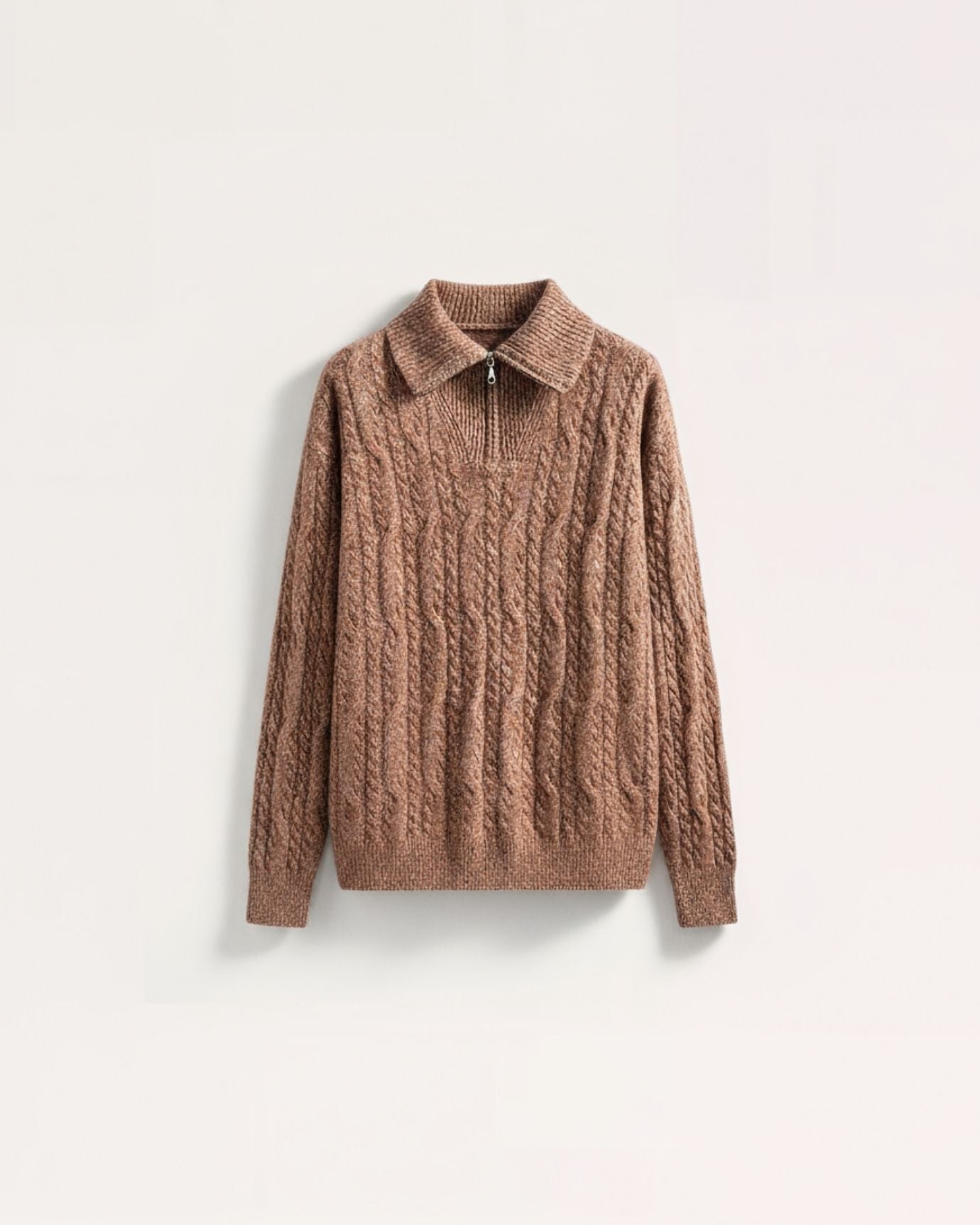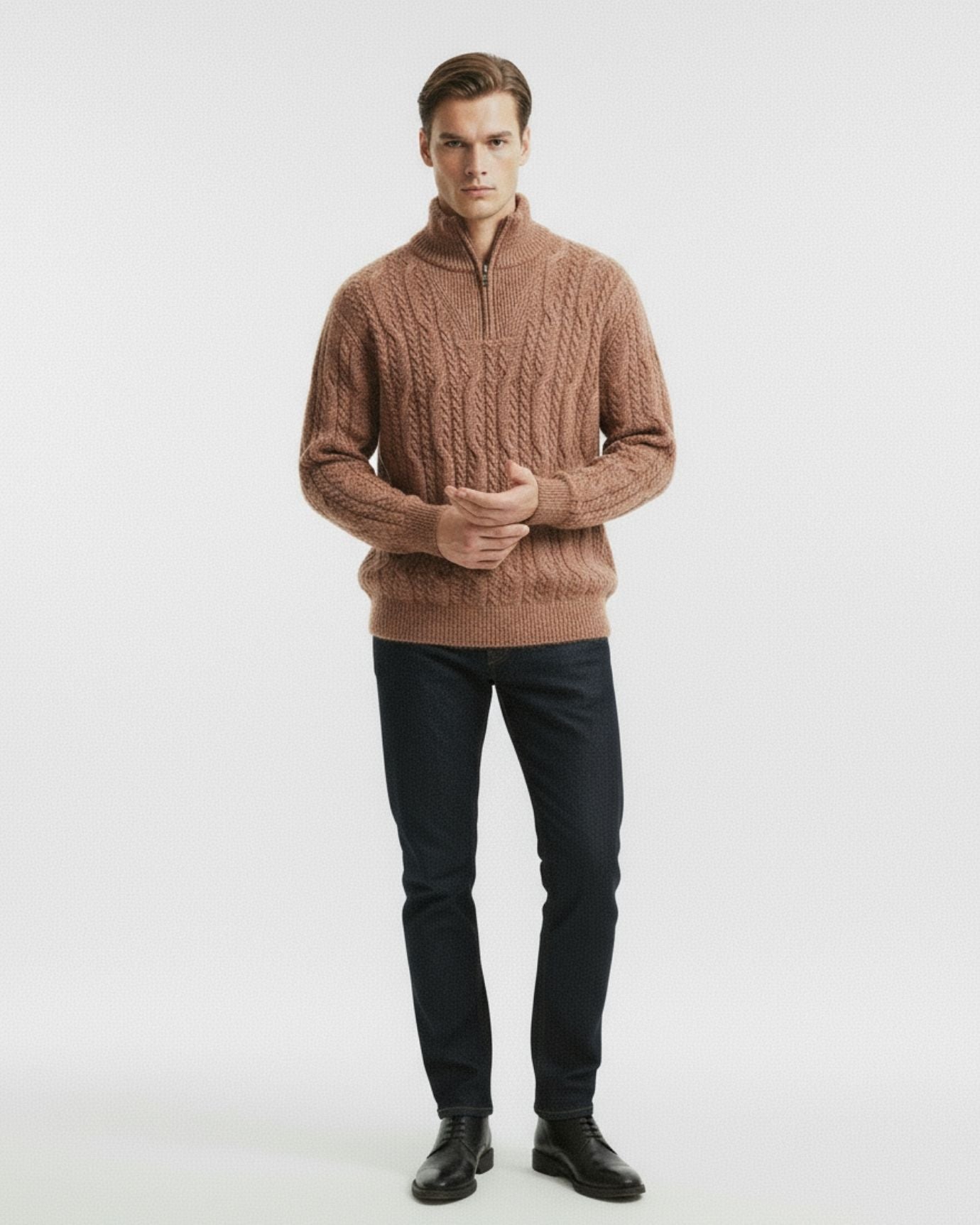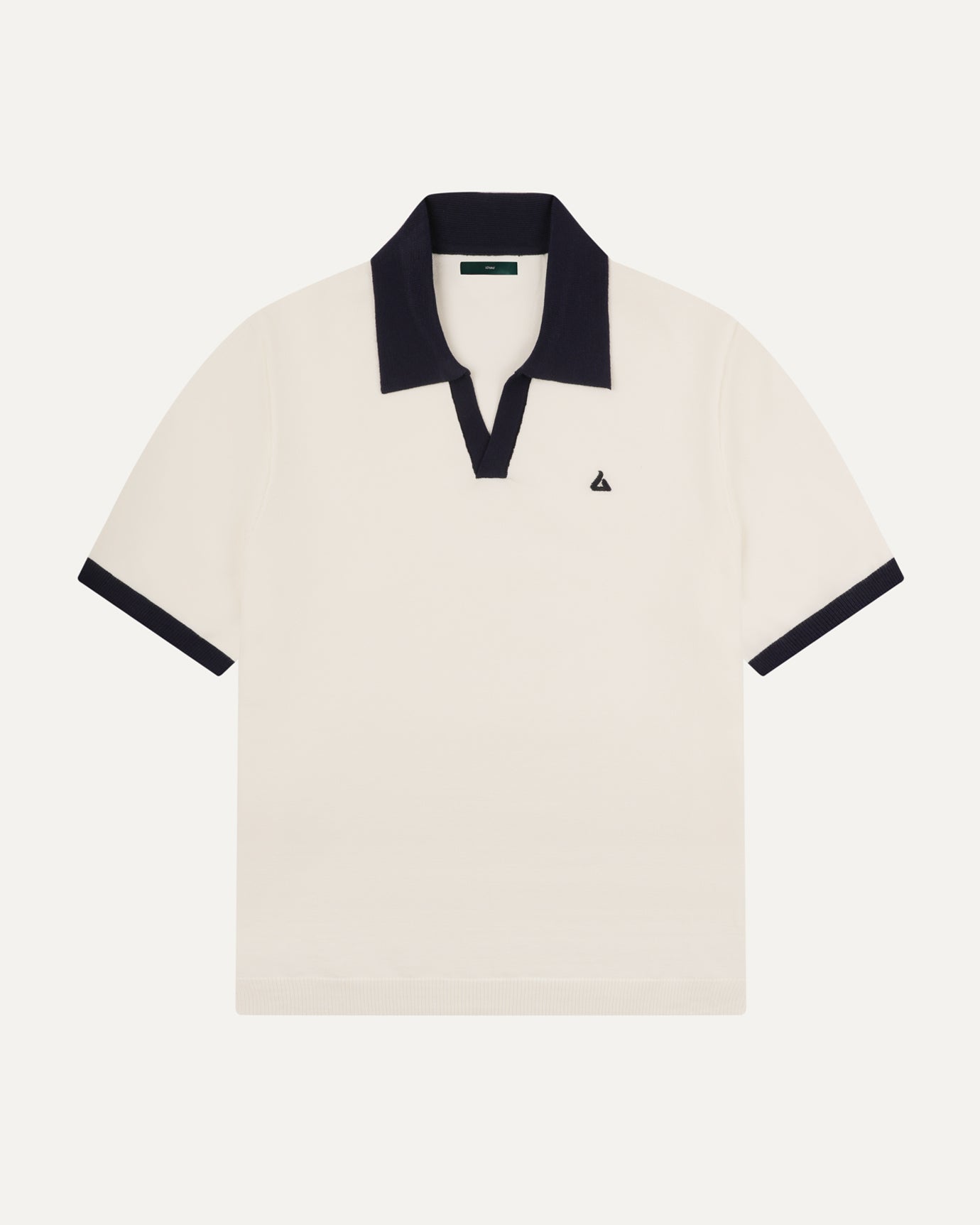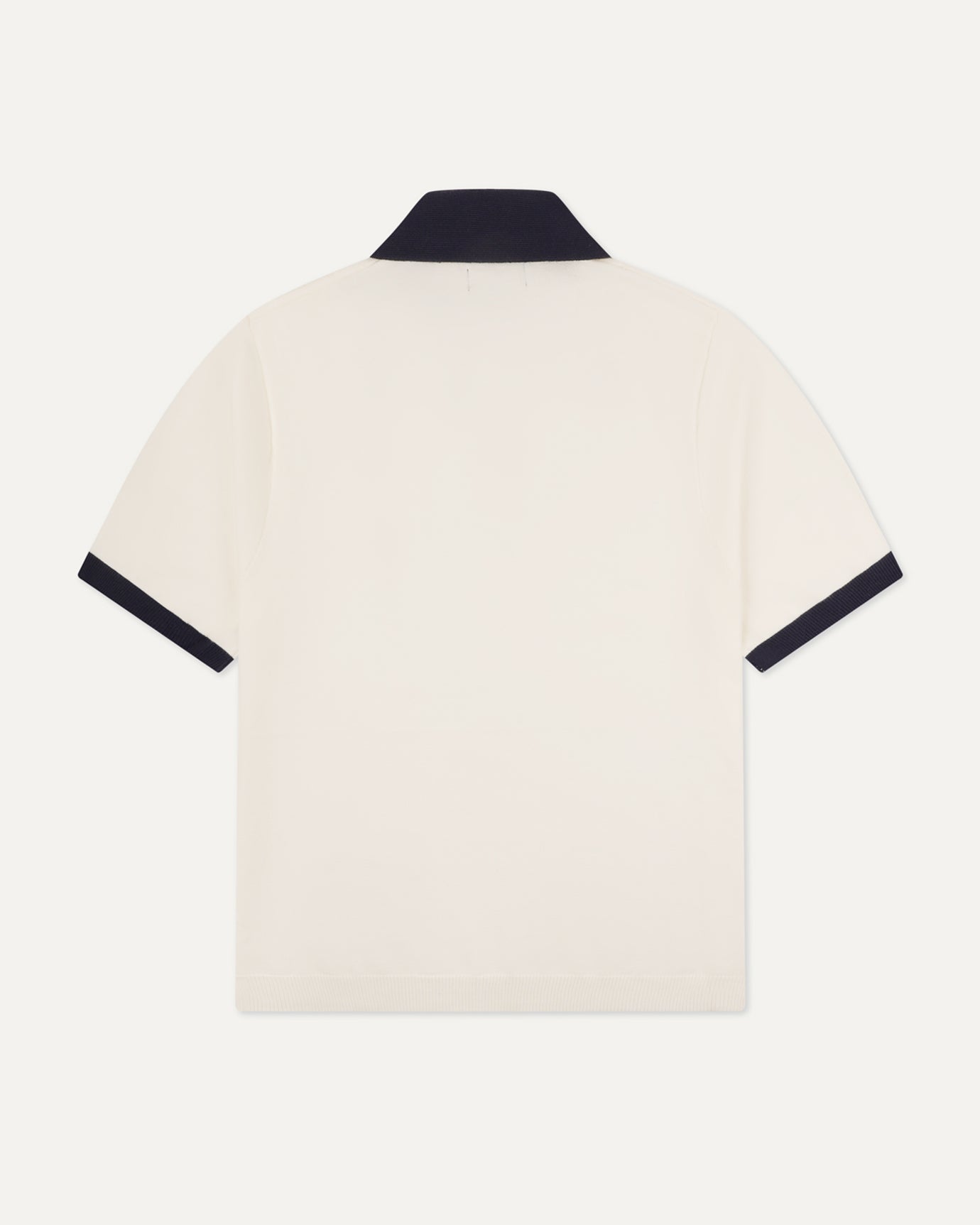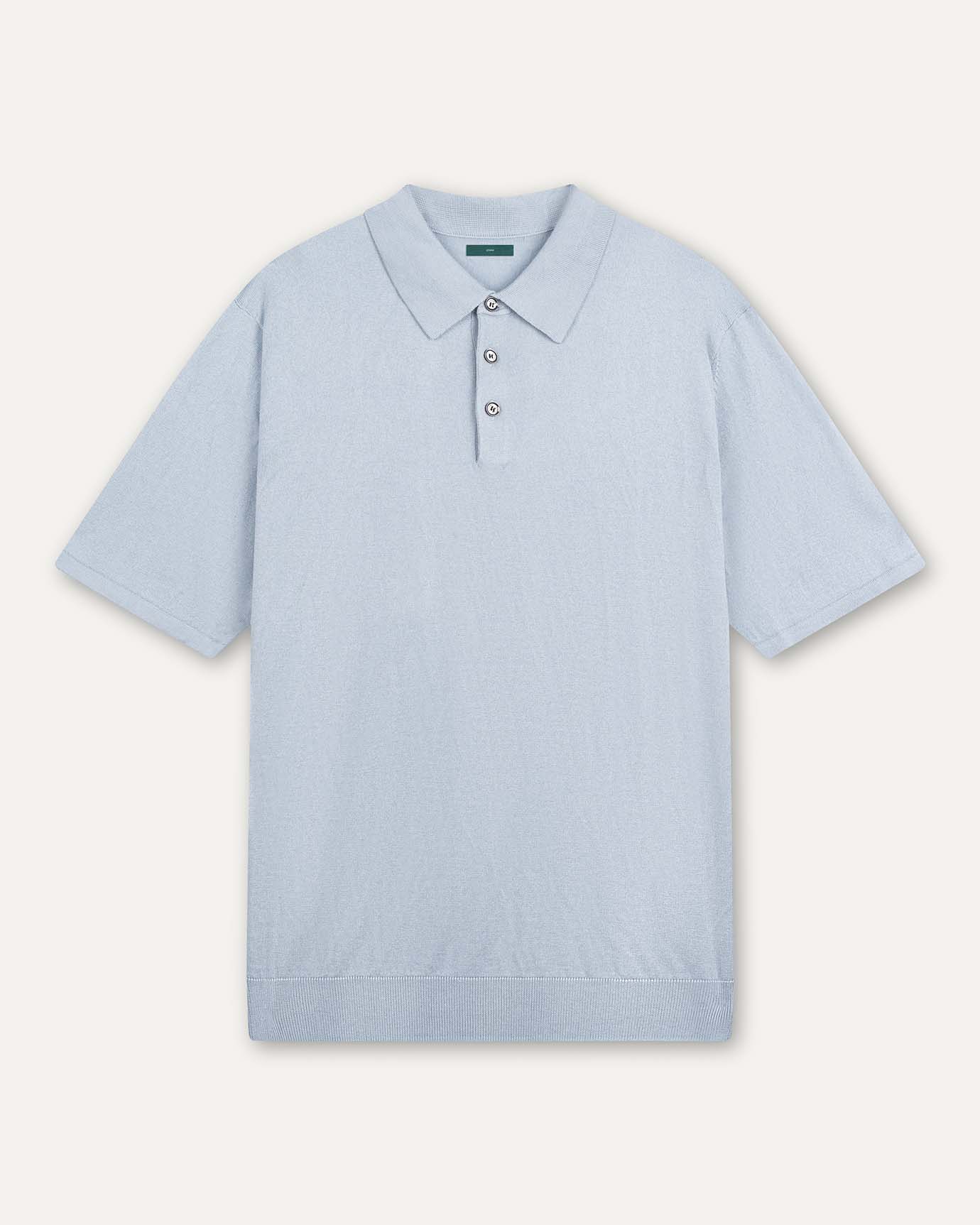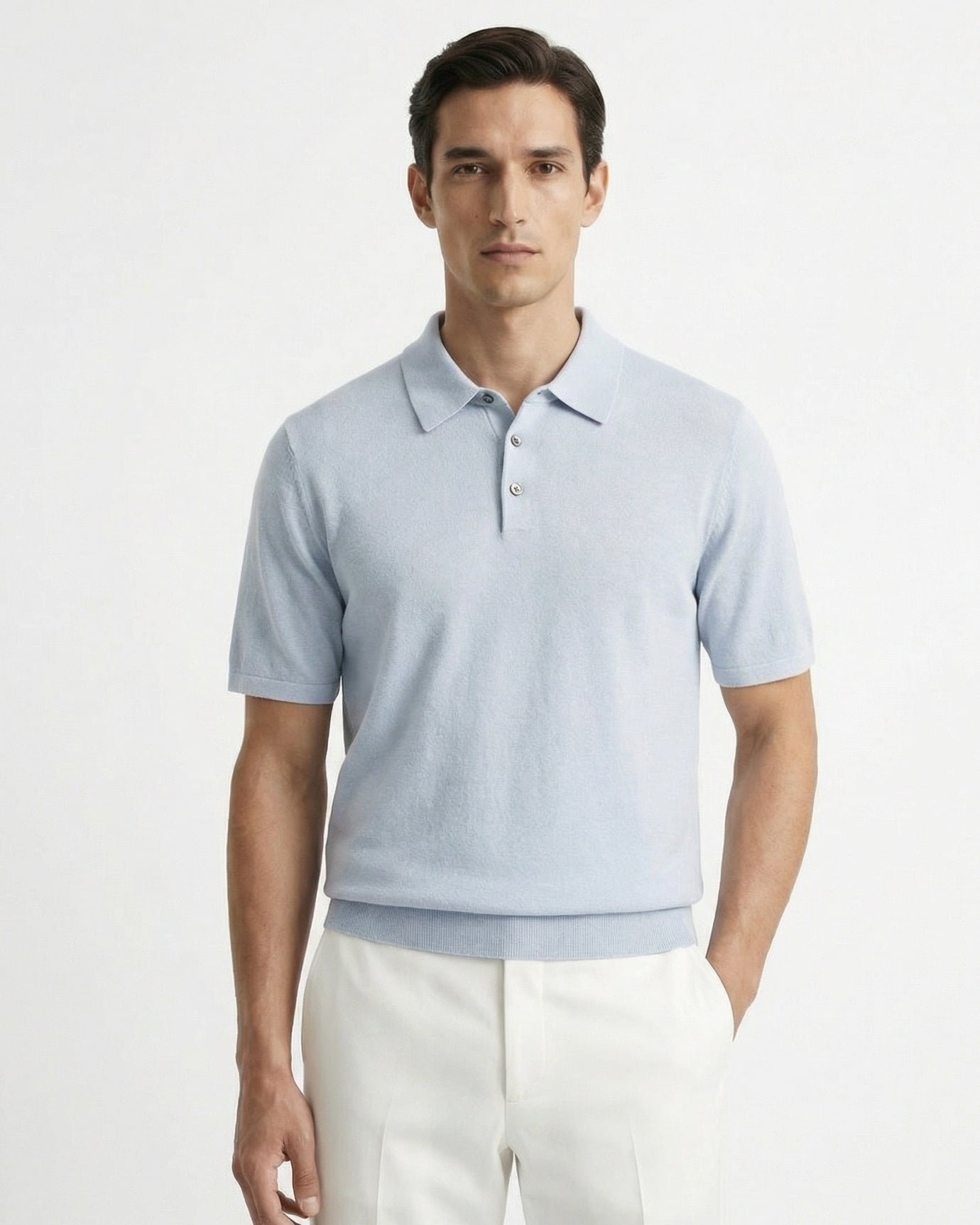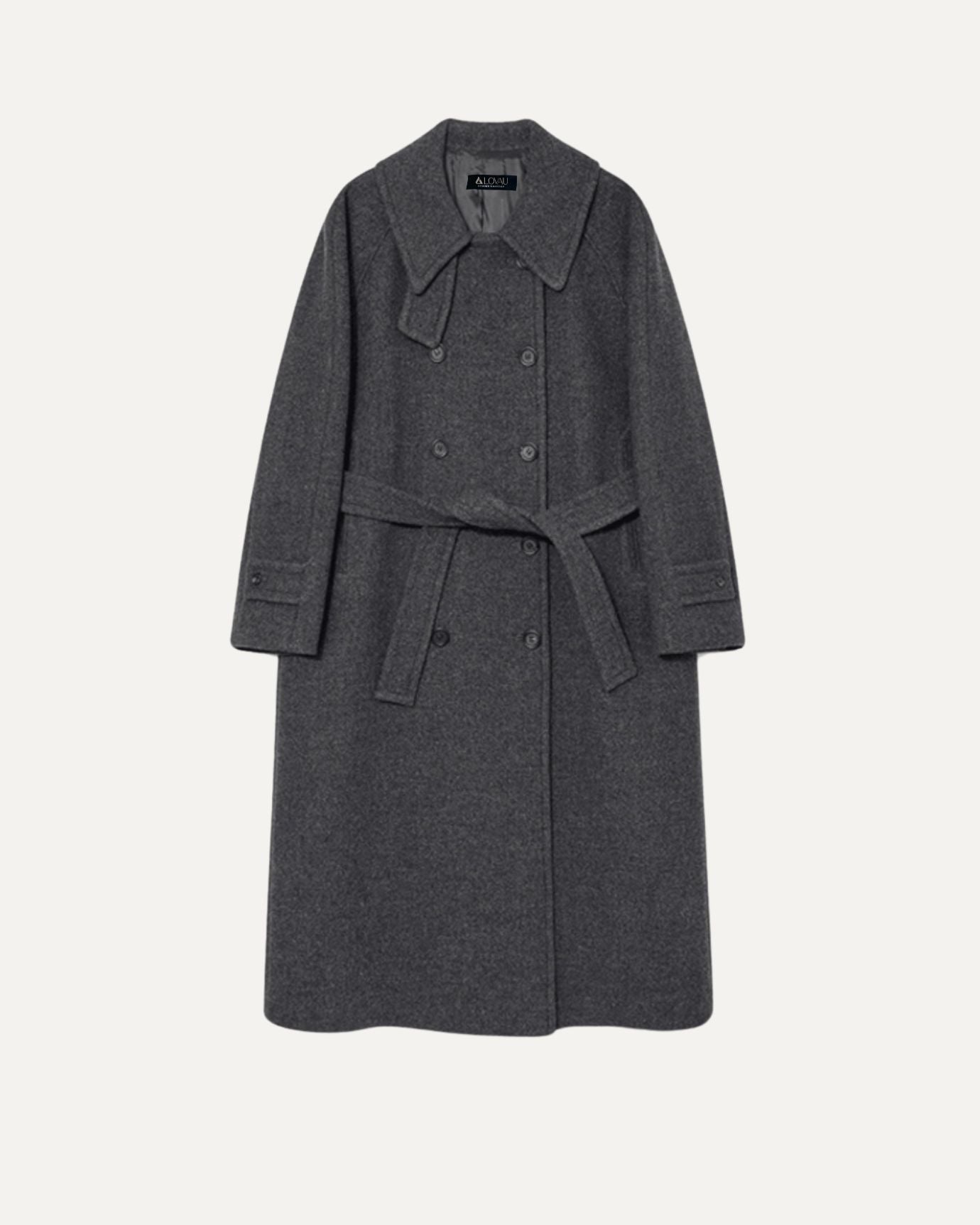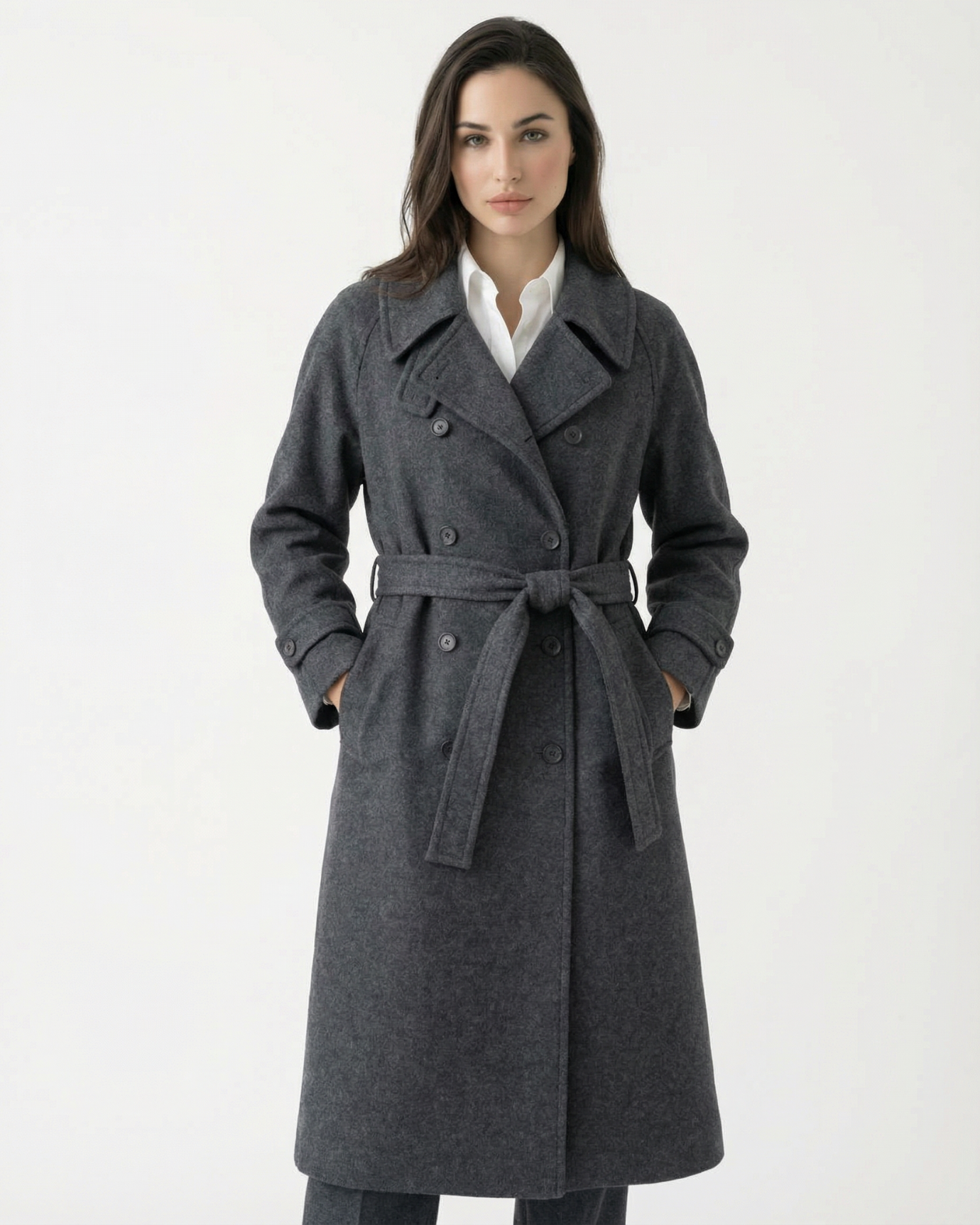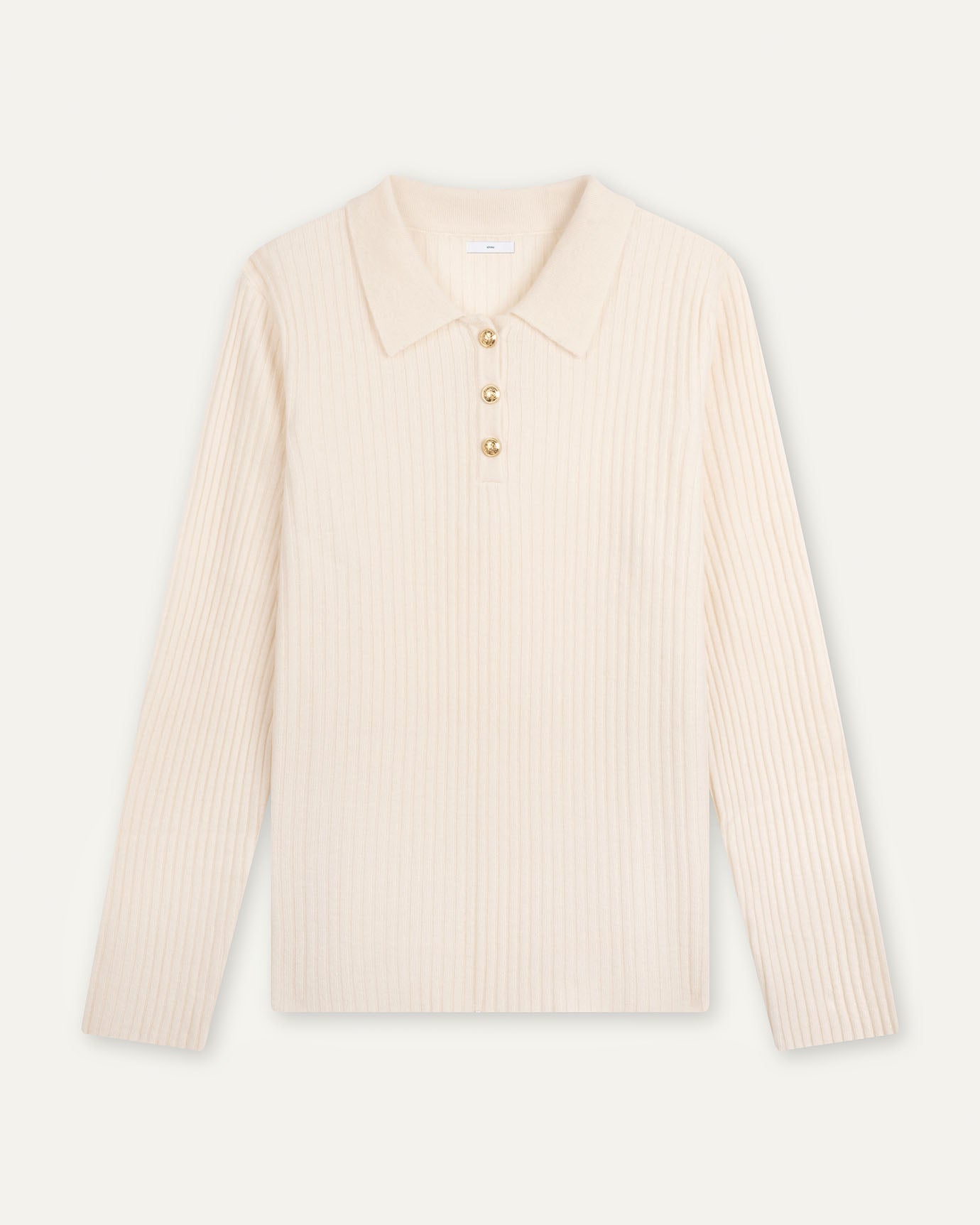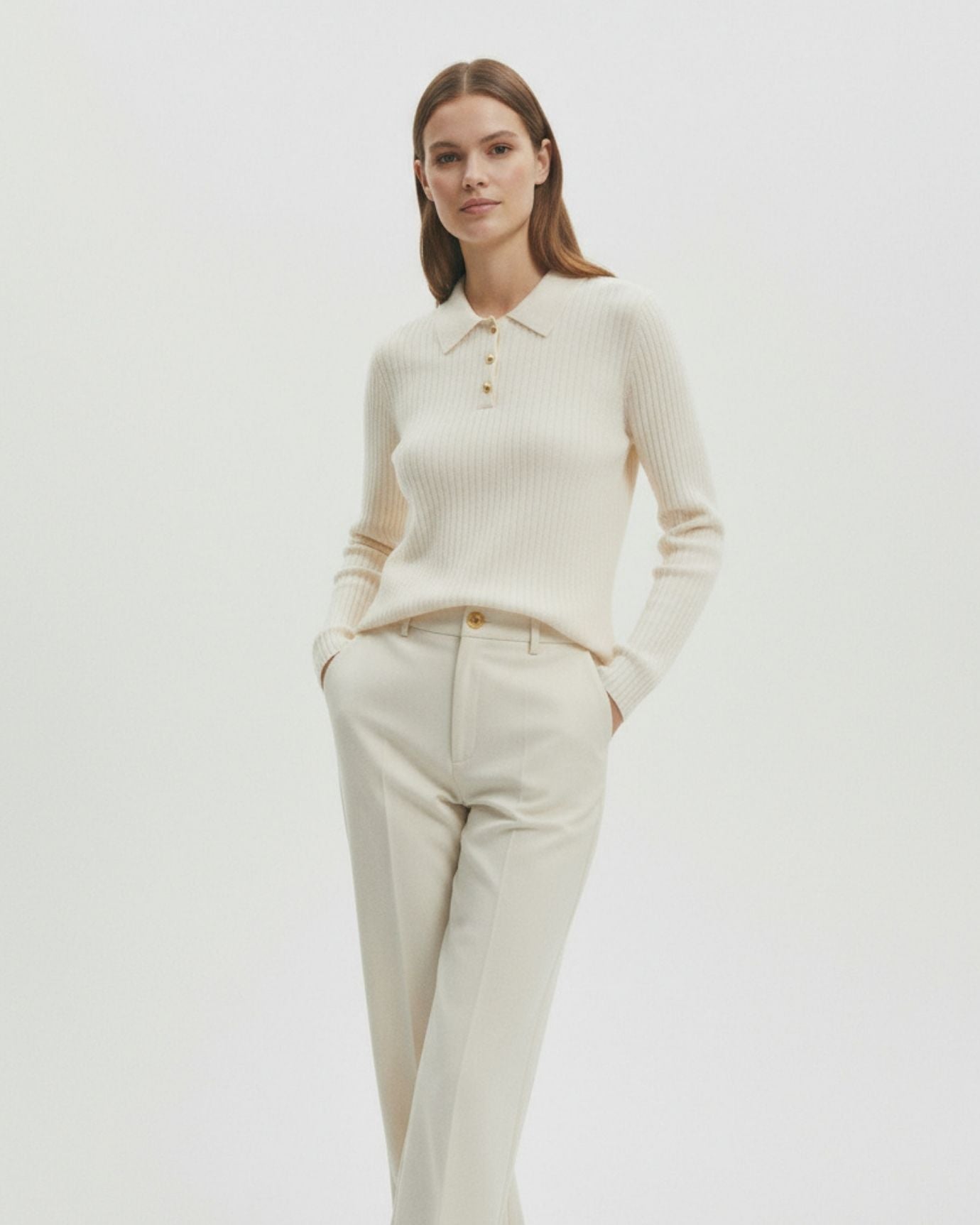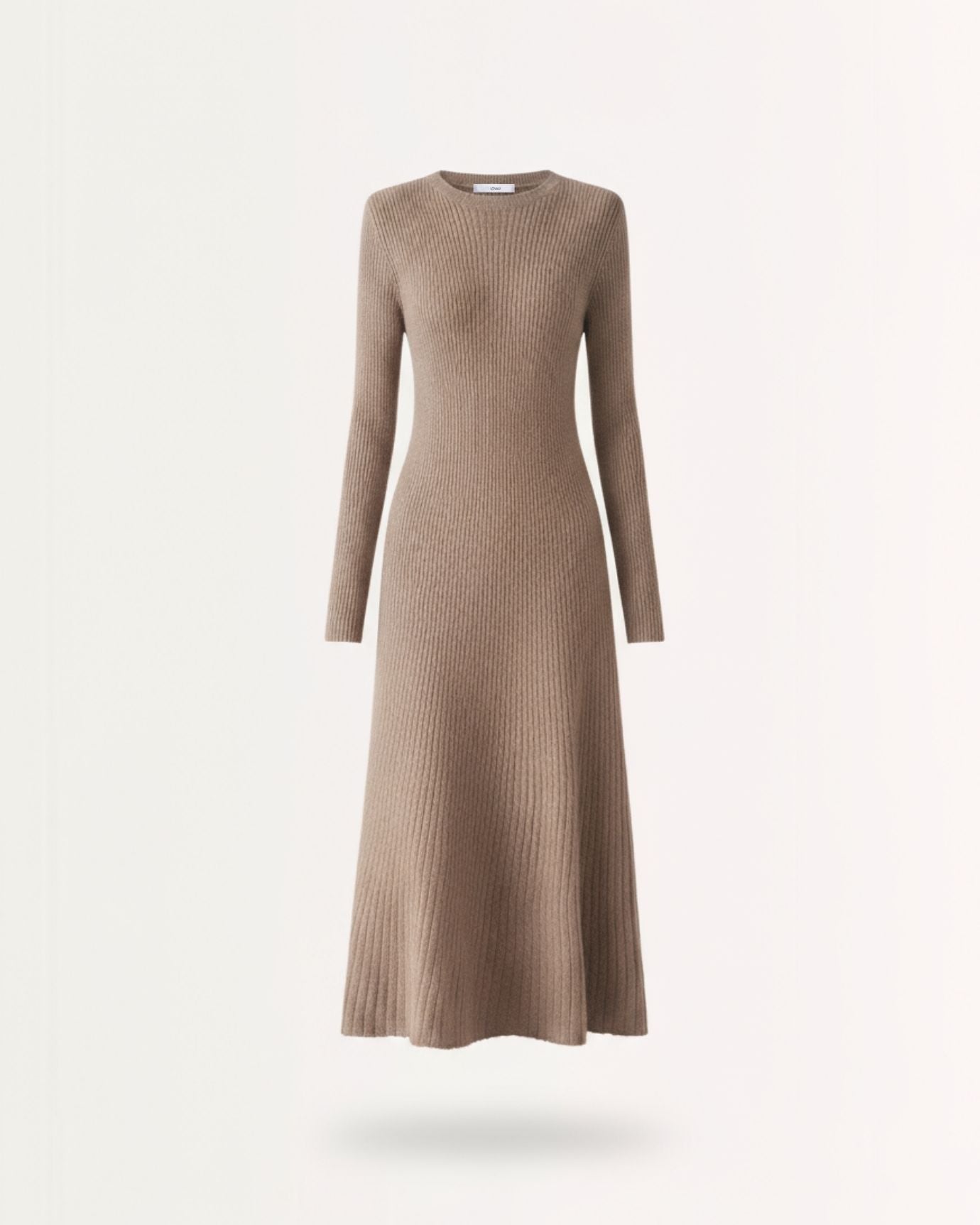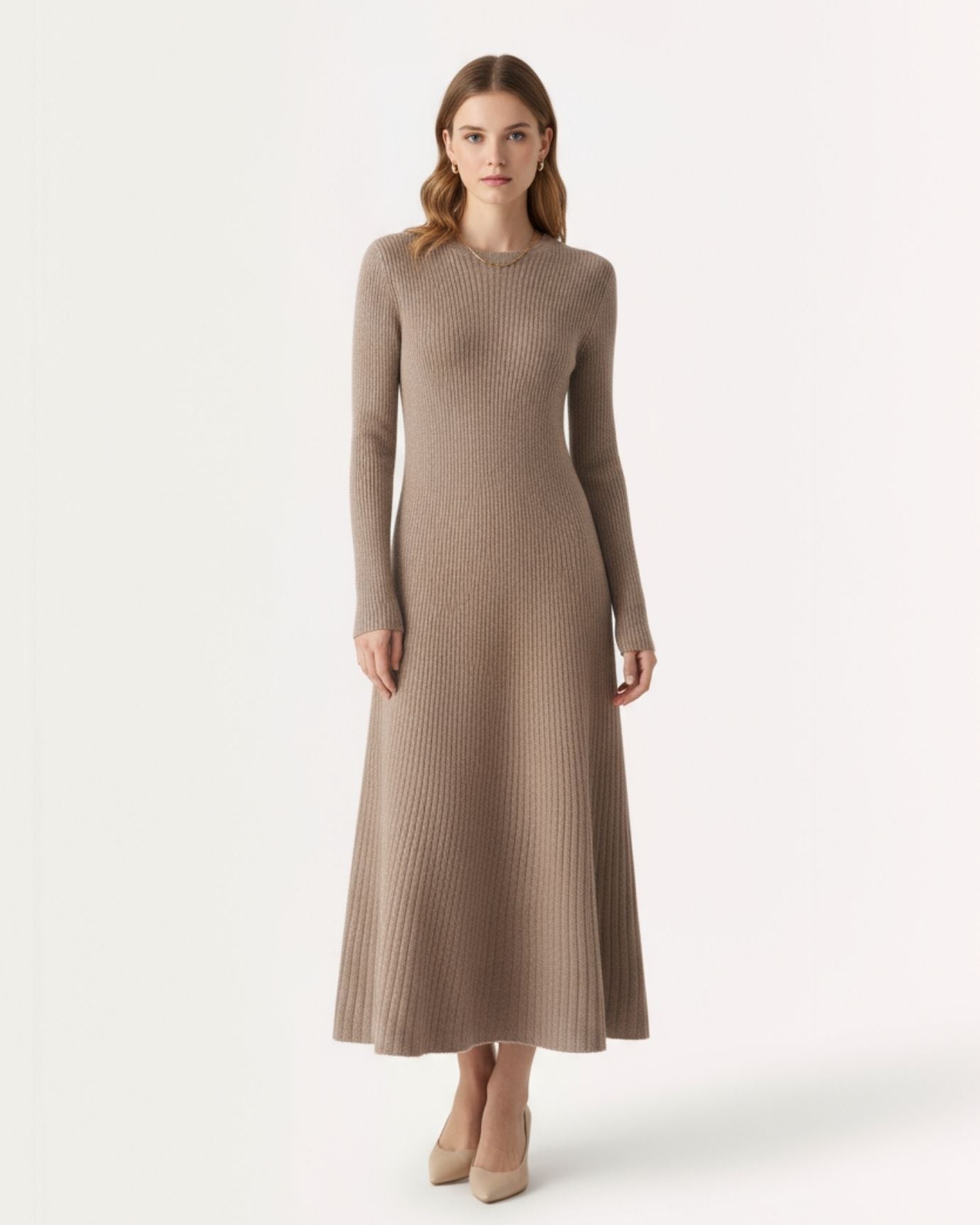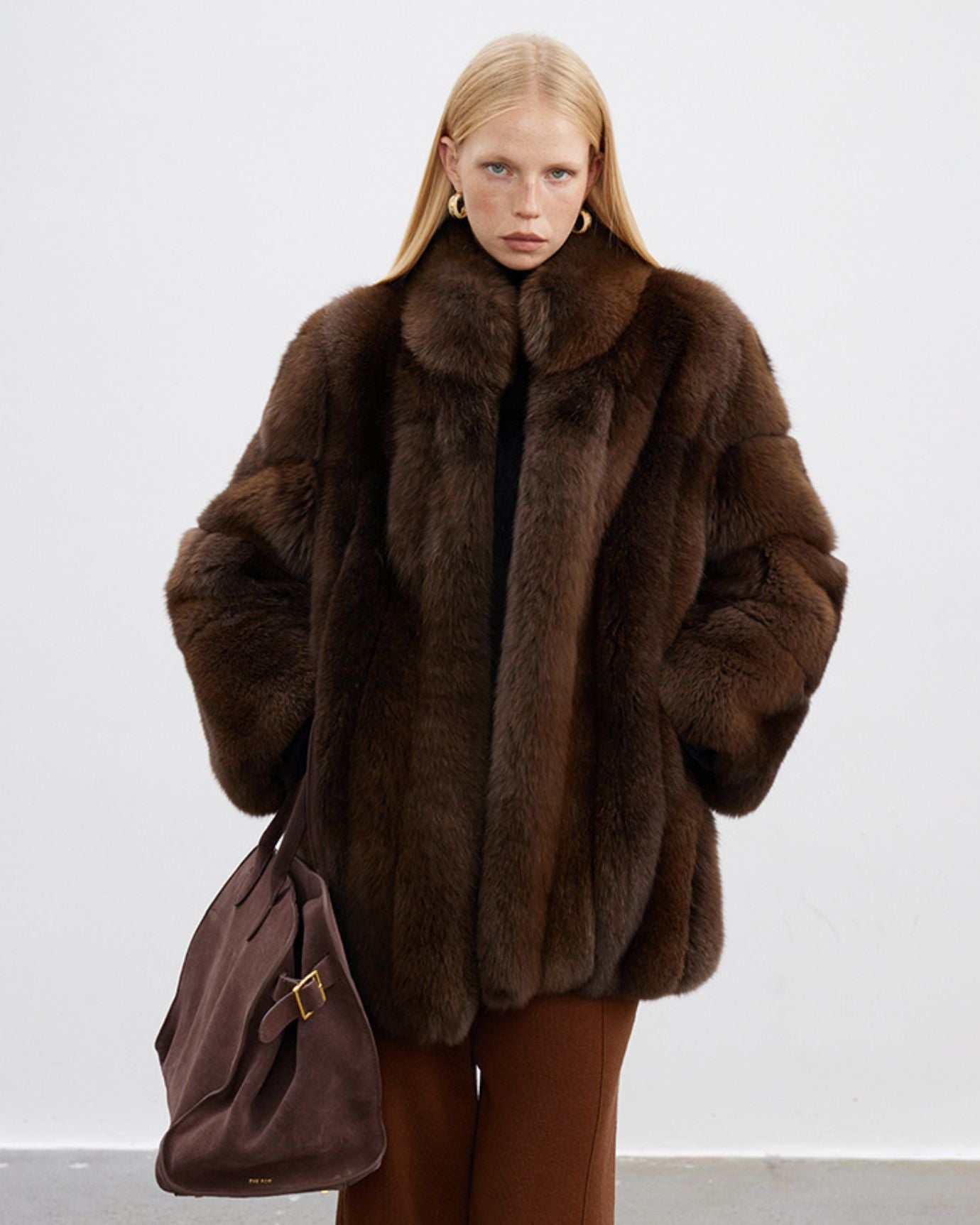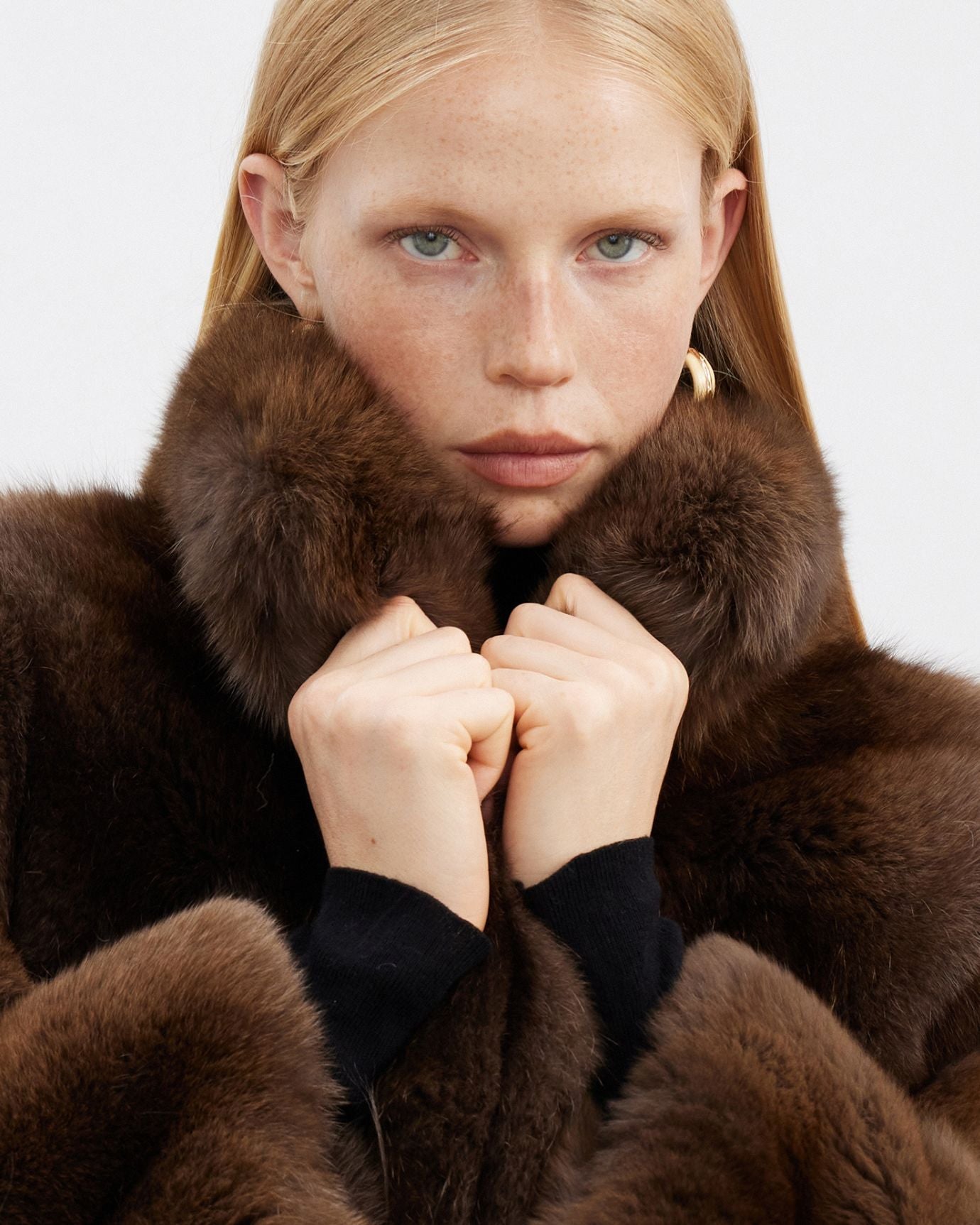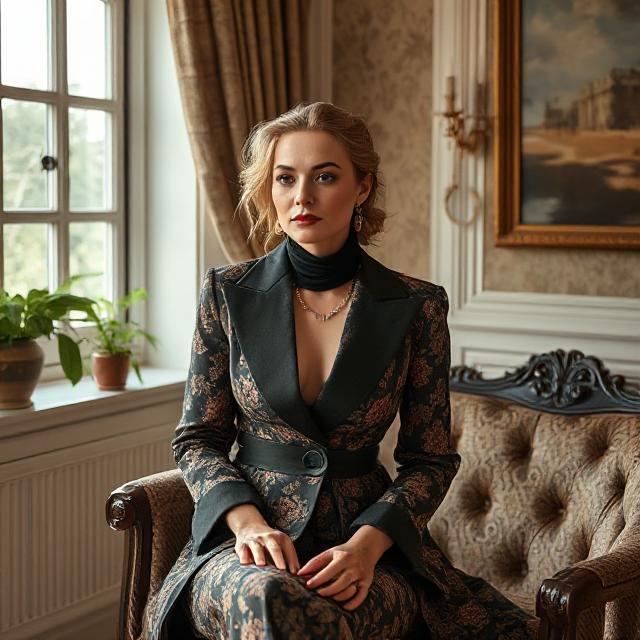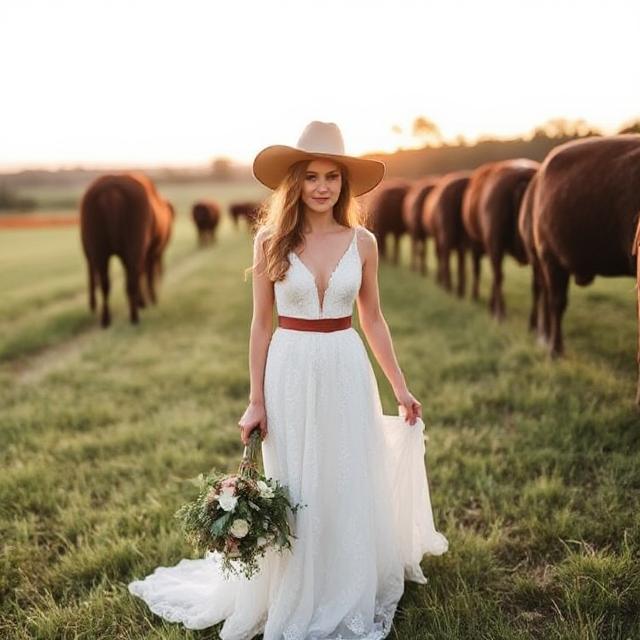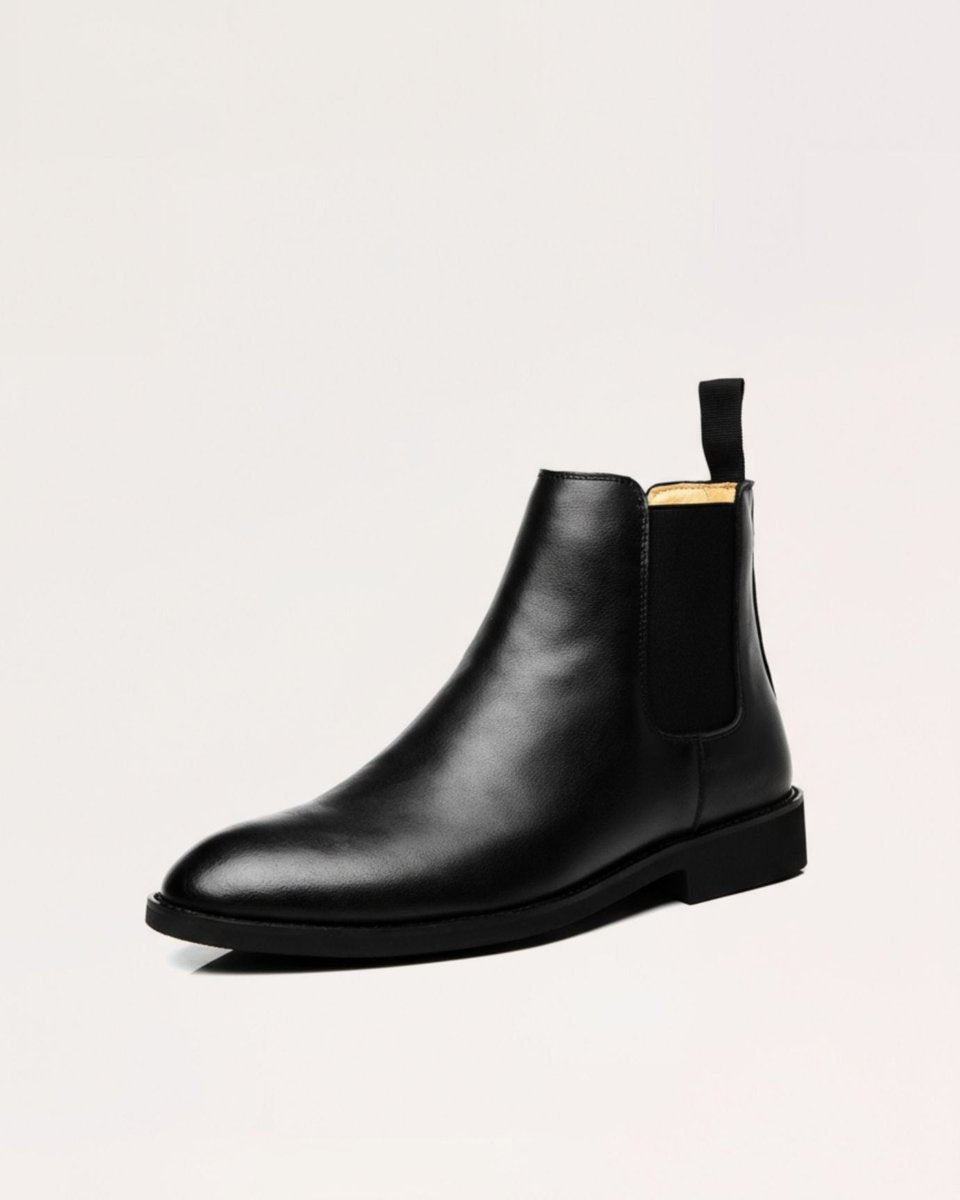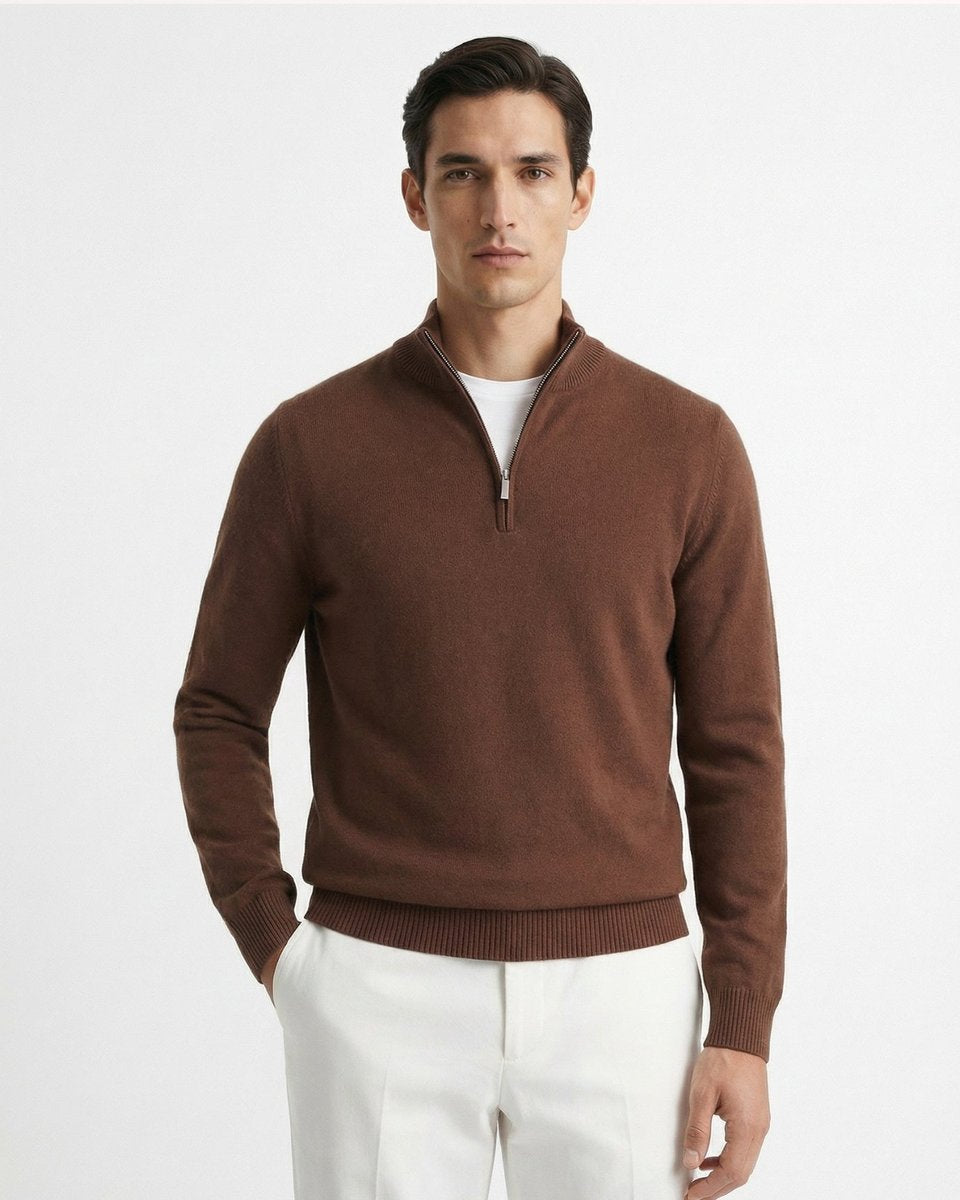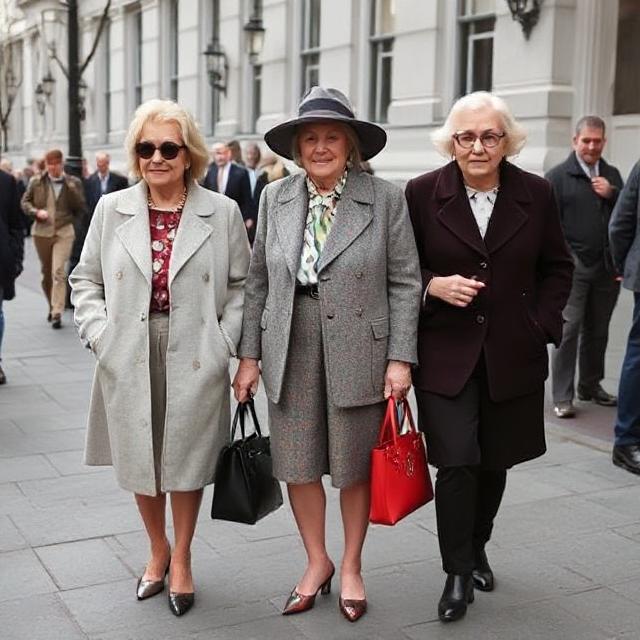
Why Real Old Money Wears the Same Outfits Often
In a world that idolizes fast fashion, viral trends, and overconsumption, the truly wealthy continue to dress with intentional restraint. For generations, old money families have embraced a consistent wardrobe that rarely changes. This is not out of laziness or frugality but rooted in a deep philosophy about class, legacy, and self-presentation. To understand old money style, one must understand the why behind wardrobe repetition.
The Power of Uniformity
Repetition in clothing sends a strong, silent message. Those from generational wealth often wear the same silhouettes, brands, and colors year after year. This choice reflects confidence and continuity. A wardrobe that rarely changes signals stability, self-assurance, and tradition — all values that old money holds dear.
Clothes as a Language of Class
To old money circles, fashion is not about attention. It is a language of values. Wearing the same cashmere sweater, tailored trousers, or loafers season after season is a way of saying “I already have what I need.” This quiet statement distances them from the flashy new money that seeks validation through clothing.

Quality Over Quantity
Old money invests in fewer items, but each one is made to last. A trench coat purchased twenty years ago still looks elegant because it was tailored impeccably, made of the finest materials, and cared for properly. The repetition of outfits underscores a commitment to quality, not quantity.
Emotional and Familial Connection
Many pieces worn by old money individuals have deep sentimental value. A grandfather’s cufflinks, a mother’s pearl earrings, or a family crest stitched onto a blazer are not easily replaced. These items are worn often because they represent lineage and legacy, not just style.
The Avoidance of Trends
True old money avoids trends because trends signal impermanence. Wearing trend-driven pieces shows that one is influenced by popular opinion. Instead, old money leans into timeless cuts, neutral colors, and traditional fabrics that remain relevant over decades, not months.
Sustainability as a Natural Outcome
Without preaching or making it a spectacle, old money’s fashion choices are inherently sustainable. By wearing the same garments for years, they naturally reduce waste and overconsumption. It’s not an eco-marketing strategy, it’s a lifestyle of preservation and practicality.
A Rejection of Performative Wealth
Wearing the same outfit regularly is the opposite of what modern influencer culture promotes. While many showcase new purchases weekly to maintain relevance, the elite wear the same navy blazer or wool trousers without apology. This is the quietest form of rebellion against consumerist pressure.
Uniform as Identity
Many old money individuals create what’s essentially a “uniform.” Whether it’s a blue oxford shirt with khakis or a black sheath dress with pearls, the repetition becomes their visual signature. This form of dressing conveys consistency, reliability, and a sense of personal branding that money cannot buy.
Freedom From Fashion Anxiety
By sticking to a reliable wardrobe, old money avoids decision fatigue. There’s no stress about what to wear or pressure to impress. Instead, fashion becomes an effortless part of daily life. With decisions already made, time is focused on education, hobbies, or travel rather than shopping.
Discretion Is Luxury
In old money circles, drawing attention through clothing is considered gauche. True refinement lies in discretion. Repeating outfits shows a detachment from public opinion and a dedication to inward values. The same tweed jacket worn each autumn tells a story of lived-in elegance, not performance.
Evidence of Good Taste
There is pride in selecting clothing so well made, so classic, and so flattering that it can be worn for years. To wear the same outfit repeatedly is not a failure of imagination, but a testament to excellent taste. The same pair of handmade leather shoes signals discernment and patience.
Heritage Brands That Support Longevity
Brands favored by old money are often those that prioritize craft and history over hype. Think Loro Piana, Hermès, Barbour, and Brunello Cucinelli. These labels are chosen not for logos but for their enduring standards. Garments from such houses are worn frequently because they age beautifully.
Clothes as Tools, Not Theater
For old money, clothing serves a function — to protect, to present, and to blend. It is not about turning heads. Each repeated outfit has purpose. Whether it’s a double-breasted blazer for meetings or wool knits for a weekend in the country, the item is valued for its utility, not novelty.
Old Money Dressing in 2025
As 2025 unfolds, quiet luxury continues to dominate the fashion narrative, and old money principles are more influential than ever. Still, the originators of this style are not swayed by the hype. They will continue to wear the same loafers, button-downs, and trench coats regardless of what’s “in.” This is longevity in practice.

How to Incorporate Old Money Mindset
You don’t need generational wealth to embrace this approach. Start with one or two timeless pieces — a wool coat, a cashmere turtleneck, a neutral leather handbag — and wear them often. Take care of your items. Embrace outfit repetition. Prioritize integrity over impression.
Final Thoughts
Old money’s habit of wearing the same outfits is not accidental. It reflects deeper values of tradition, quality, and self-assurance. It’s a rejection of fast fashion and performative dressing in favor of true personal style. In 2025, repeating outfits is no longer something to hide — it’s something to honor.



